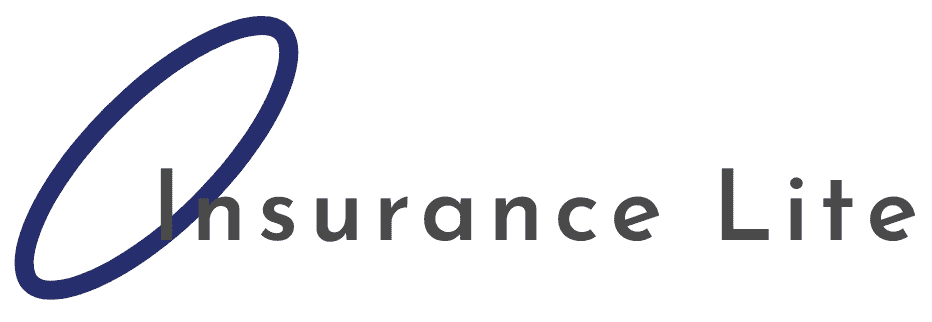In today’s world, where uncertainties abound, insurance policies stand as sentinels guarding our financial futures. However, navigating the complex maze of insurance can be daunting. This comprehensive guide aims to demystify insurance policies, offering insights into various types, key considerations, and strategies for choosing the right coverage. Whether you’re a first-time buyer or looking to optimize your existing insurance portfolio, this post is your roadmap to making informed and savvy insurance decisions.
Understanding the World of Insurance Policies
Insurance policies are legally binding contracts between an individual or entity and an insurance company. These policies offer financial protection against potential losses due to specific risks, such as accidents, health issues, property damage, or unexpected events. Understanding the nuances of different insurance types is crucial in selecting a policy that aligns with your needs.
Types of Insurance Policies
- Life Insurance: Provides financial support to beneficiaries in the event of the policyholder’s death.
- Health Insurance: Covers medical expenses, including hospitalization, surgery, and sometimes prescription drugs.
- Auto Insurance: Offers coverage for vehicle-related damages or losses, including accidents and theft.
- Homeowners Insurance: Protects against damages to your home and personal property.
- Disability Insurance: Provides income in the event you’re unable to work due to disability.
- Travel Insurance: Covers losses incurred while traveling, such as trip cancellations and medical emergencies.
- Business Insurance: Encompasses various policies that protect businesses from risks like property damage, liability, and employee-related risks.
Choosing the Right Insurance Policy
- Assess Your Needs: Identify your risk exposure and what you need to protect, such as your health, property, or income.
- Understand Policy Terms: Carefully read and understand the terms, including coverage limits, exclusions, and deductibles.
- Compare Policies: Shop around and compare policies from different insurers to find the best coverage at a reasonable price.
- Check Insurer’s Reputation: Research the insurer’s financial stability, customer service, and claim settlement record.
- Seek Professional Advice: Consult with insurance agents or brokers who can provide tailored advice based on your specific needs.
Insurance Policies: Questions and Answers
Q: How much insurance coverage do I need?
A: The amount of coverage you need depends on various factors such as your lifestyle, financial commitments, dependents, and the value of the assets you’re insuring. It’s essential to evaluate these aspects to determine adequate coverage.
Q: Can I have multiple insurance policies?
A: Yes, you can have multiple insurance policies to cover different aspects of your life. For instance, you can have both health insurance and life insurance.
Q: What is a deductible?
A: A deductible is the amount you pay out of pocket before your insurance coverage kicks in. A higher deductible usually means a lower premium, but more out-of-pocket costs in the event of a claim.
Q: How can I lower my insurance premiums?
A: You can lower your insurance premiums by choosing a higher deductible, maintaining a good credit score, and availing of discounts offered by insurers. Also, bundling multiple policies with the same insurer can lead to discounts.
Q: What happens if I miss an insurance premium payment?
A: Missing an insurance premium payment can result in a lapse in coverage. Most insurers offer a grace period, but if the payment is not made within this period, the policy might be canceled.
Common Misconceptions About Insurance Policies
Understanding the truth behind common misconceptions can help you make better insurance decisions:
- “Only the breadwinner needs life insurance”: Non-working spouses also contribute significantly to a family, and their absence can cause financial strain.
- “I’m too young to need insurance”: Young people can benefit from lower premiums, and unexpected events can occur at any age.
- “Standard policies cover all risks”: Most policies have exclusions. It’s important to know what’s not covered and consider additional riders or policies if needed.
The Future of Insurance Policies
The insurance industry is evolving with technological advancements. Future trends include more personalized policies using big data and AI, increased use of telematics in auto insurance, and more digital interaction platforms for policy management and claims processing.
Conclusion
Insurance policies are vital tools for managing risk and protecting your financial future. By understanding the different types of insurance, carefully selecting the right policy, and staying informed about your coverage, you can ensure that you are well-prepared for life’s uncertainties. Remember, the goal is not just to have insurance, but to have the insurance that best fits your unique needs and circumstances.
Empower yourself with knowledge, seek expert advice when needed, and approach insurance as an integral part of your overall financial strategy. In doing so, you’ll be taking a significant step towards securing your and your loved ones’ future, no matter what life throws your way.



